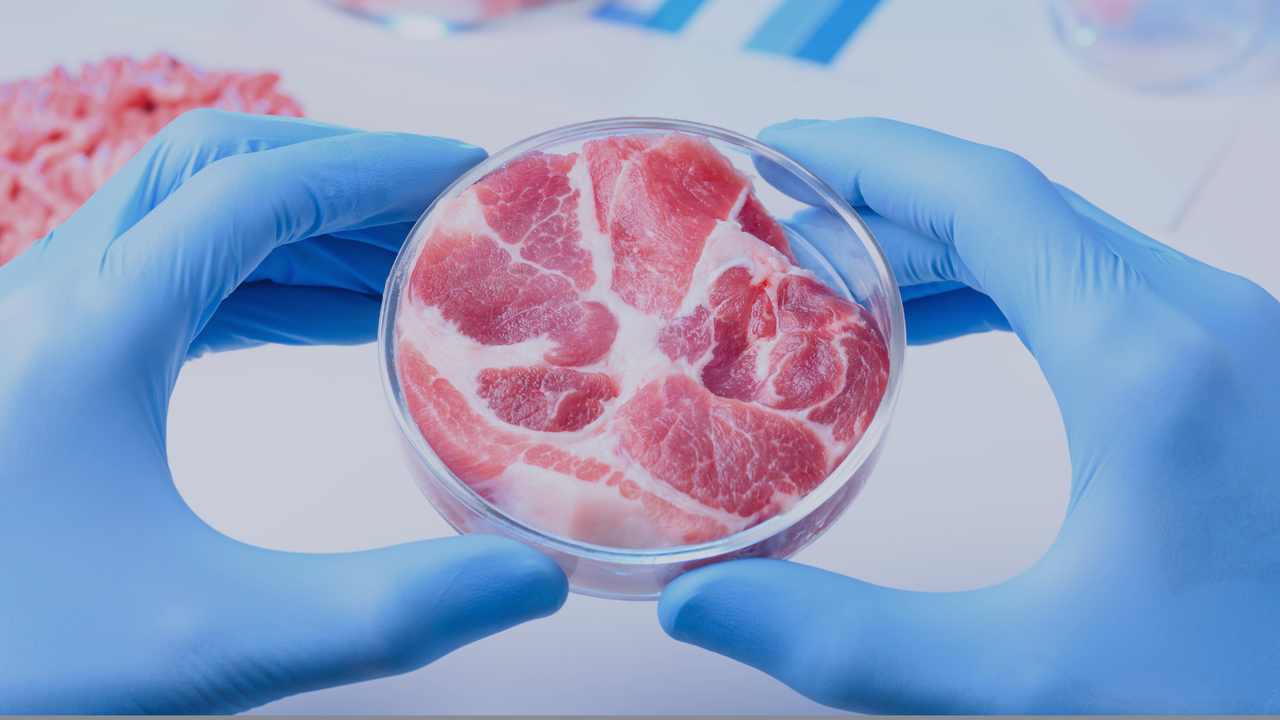Lab-grown meats are new, and the health outcome is still unknown. Most consumers prefer natural products and reject foods derived from unnatural sources.
Cell-based meat, also known as cultured meat, lab-grown meat, or clean meat, refers to meat produced from animal cells grown in a laboratory. It is widely believed that cell-based meat production is more environmentally friendly, ethical, and sustainable than traditional methods that involve raising and slaughtering animals.

A 2021 report by United States-based analytics firm MarketsandMarkets estimated that the global cell-based meat market will reach $214 million by 2027 at a compound annual growth rate of 61.4 per cent. The report cites increasing concerns over animal welfare, environmental sustainability, and the growing demand for protein-rich foods as key drivers of market growth. The firm recently received approval from Singapore Food Agency for its ‘chicken bites’ made from cultured meat. It is a significant step toward the future of food.
Lab-grown meat is designed to appeal to meat eaters. As it becomes more widely available on the market, people will be able to consume meat without having to worry about the ethical and environmental implications of commercial farming.

Keeping health as a priority, there is a growing interest among nutrition researchers to evaluate the safety, sustainability, and nutritional quality of this ‘unnatural’ meat. Scientists are still learning about the subject.
** Click here to read the full-text **







